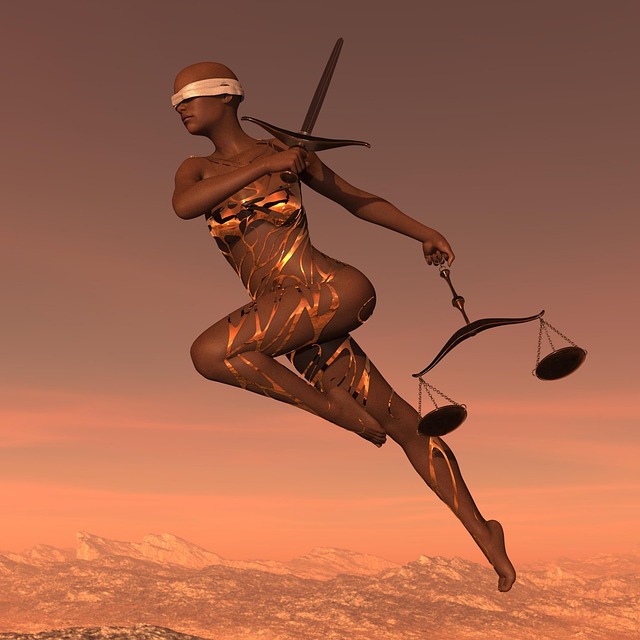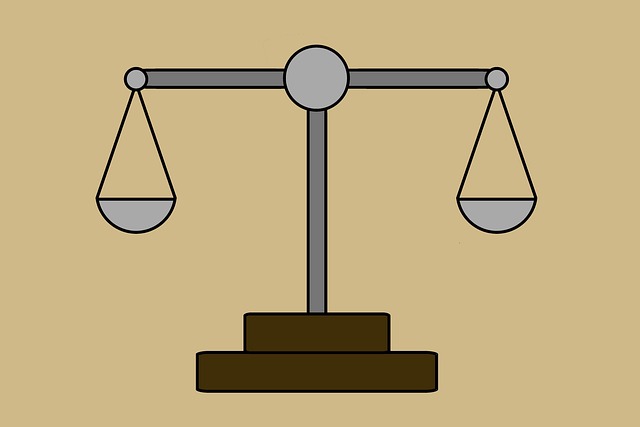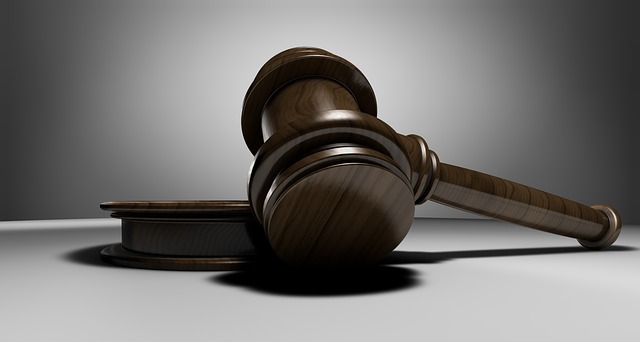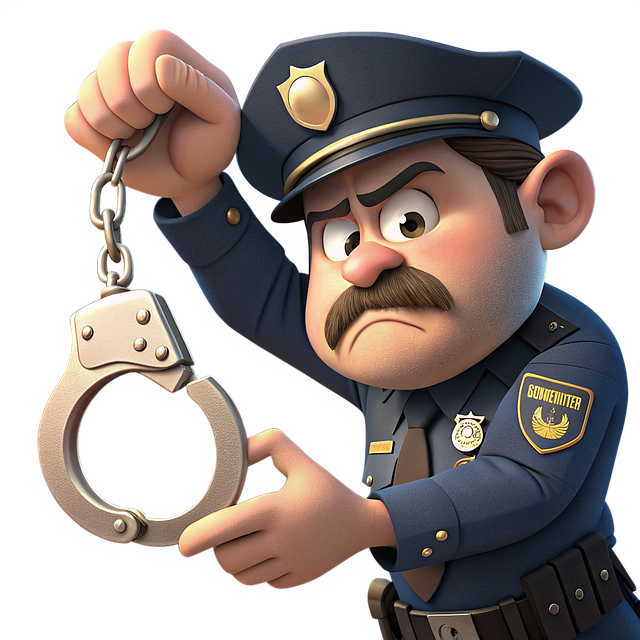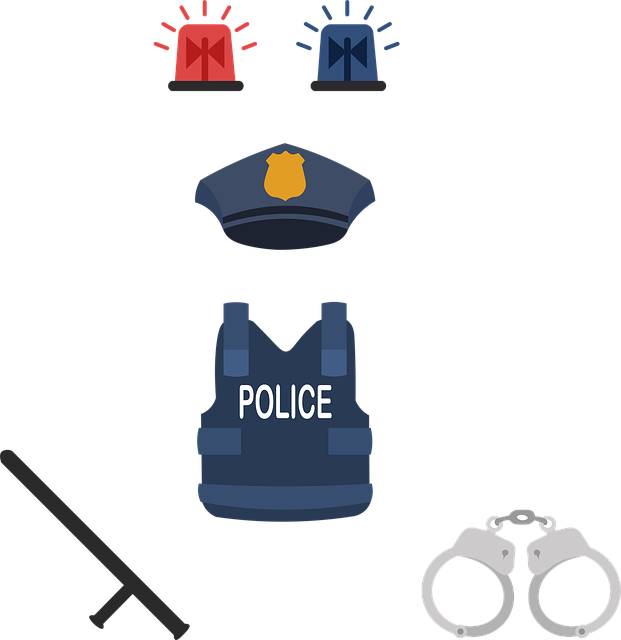The article highlights the role of jury consultants in shaping trial outcomes, especially in complex cases like white-collar crimes and high-stakes civil litigation. These experts analyze public perception, emotional responses, and potential juror biases to develop strategic insights for attorneys. Through sophisticated research methods (focus groups, surveys), they guide witness selection, evidence presentation, and messaging, ensuring fair trials and often achieving exceptional results. In criminal defense, they counter biased perceptions and distinguish facts from fiction. Jury consultants play a crucial role in navigating ethical considerations while maintaining impartiality, objectivity, transparency, and confidentiality throughout the trial process.
“Uncover the intricate world of litigation with our comprehensive guide on various legal battles. From understanding diverse trial types to exploring the art of jury selection, this article delves into the crucial role of jury consultants—key players in shaping civil trials’ outcomes. Discover how strategic experts navigate complex cases, employing unique techniques and staying ethical. Whether you’re a legal professional or enthusiast, gain valuable insights into the vital contributions of jury consultants in modern litigation.”
- Understanding Different Litigation Types: An Overview
- The Role of Jury Consultants in Civil Trials
- Strategies and Techniques Used by Jury Consultants
- Ethical Considerations for Jury Consultants in Litigation
Understanding Different Litigation Types: An Overview
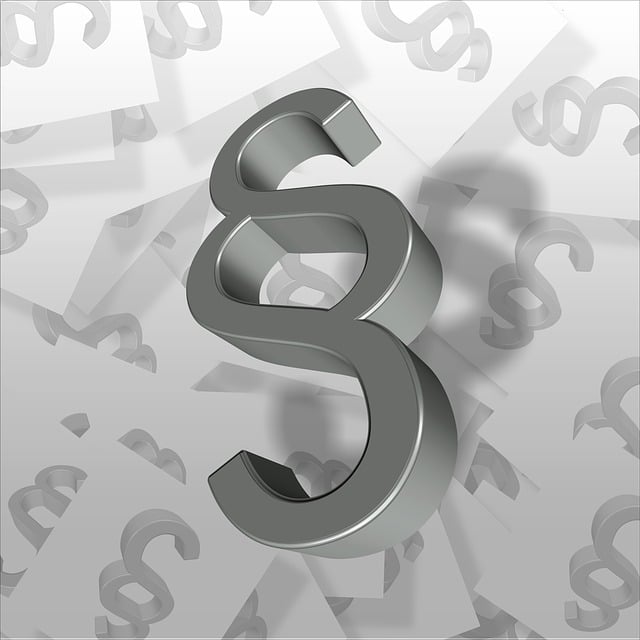
Litigation types vary widely, from civil suits to criminal proceedings, each with its unique procedures and goals. Understanding these distinctions is crucial for both legal professionals and those involved in disputes. This knowledge ensures effective navigation through the legal landscape, influencing strategies and outcomes. For instance, the role of a jury consultant can significantly impact trials, especially in complex cases involving white-collar and economic crimes. These experts facilitate communication with potential jurors, providing insights into the philanthropic and political communities’ perceptions, which may sway decisions.
With an unprecedented track record of success, jury consultants play a vital part in shaping trial outcomes by addressing nuances in public perception and emotional responses. Their strategies often transform legal battles into compelling narratives, ensuring fair trials while reflecting societal values. This specialized approach underscores the importance of tailoring litigation types to specific cases, maximizing chances of favorable resolutions.
The Role of Jury Consultants in Civil Trials
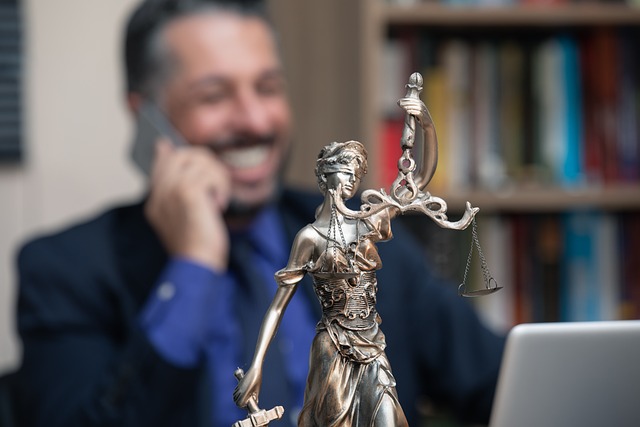
In civil trials, particularly those involving complex issues or high-stakes disputes, jury consultants play a pivotal role in shaping the outcome. These experts are engaged by both corporate and individual clients to navigate the intricate landscape of jury perception and decision-making. By employing various strategies, they help attorneys present their cases in a manner that resonates with juries, ultimately achieving extraordinary results.
Jury consultants utilize sophisticated research methods to analyze potential jurors, understand their backgrounds, and predict how they might react to the evidence presented. This insights-driven approach allows for tailored case strategies, including witness selection, evidence presentation, and persuasive messaging. In general criminal defense, for instance, this can mean differentiating fact from fiction to counter biased perceptions, thereby ensuring a fair trial.
Strategies and Techniques Used by Jury Consultants
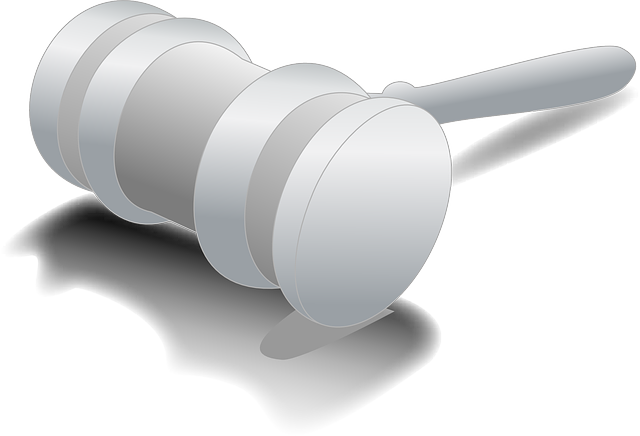
Jury consultants play a pivotal role in shaping the outcome of high-stakes cases, employing sophisticated strategies and techniques to influence jurors’ perceptions. These experts analyze potential jurors, design effective messaging, and guide attorneys on presentation methods that can sway public opinion. They meticulously study demographics, cultural biases, and psychological tendencies to predict how each juror might react, thereby helping their clients craft compelling narratives that resonate with the jury’s emotional and logical centers.
In complex cases, jury consultants utilize focus groups, surveys, and mock trials to test various scenarios and refine strategies. They collaborate closely with attorneys, offering insights into the respective business and legal landscapes. By deconstructing public perception and providing actionable recommendations, they enhance their clients’ chances of securing favorable verdicts, particularly in emotionally charged or highly publicized matters.
Ethical Considerations for Jury Consultants in Litigation

The role of jury consultants in trials is multifaceted, providing critical insights that can shape strategies for both corporate and individual clients. However, this involvement raises important ethical considerations. Jury consultants must navigate a delicate balance to ensure their contributions remain impartial and objective. They should avoid any action that could influence or manipulate jurors’ decisions, as this would undermine the integrity of jury trials.
In all stages of the investigative and enforcement process, from case selection to trial tactics, jury consultants have a responsibility to maintain transparency and respect for the legal system. This includes refraining from using persuasive techniques that could cloud a juror’s judgment or appeal to emotional biases. Furthermore, they must be vigilant in protecting client confidentiality while offering strategic guidance, ensuring that their recommendations are grounded in evidence and not speculative or biased interpretations.
Understanding different litigation types is essential for navigating the complex legal landscape. The role of jury consultants in civil trials plays a pivotal part in shaping outcomes, employing strategies and techniques that aid in decision-making processes. By delving into these methodologies, professionals can ensure ethical considerations are paramount, fostering fair and just proceedings. In essence, recognizing the significance of jury consultants allows for more informed legal practices, ultimately enhancing the integrity of the judicial system.
